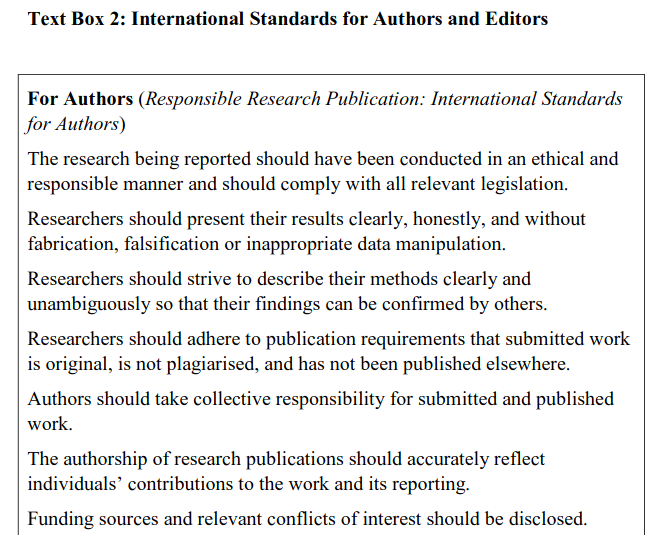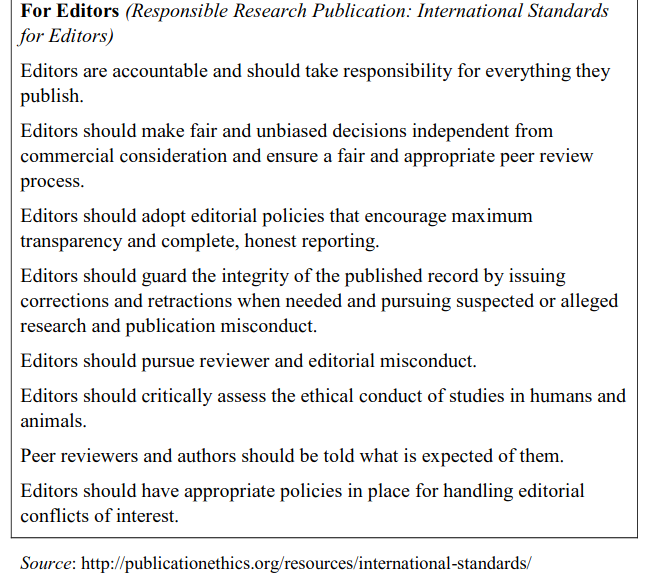1.6 Principles and Paradigms of Scientific Culture / Scholarship
During the European Renaissance period, spanning the 14th to 17th centuries, the western science met the modernity and a new dawn of scientific inquiries was established, based on principle of logical reasoning, evidence and generalization. During the post-Renaissance period, we saw the emergence of modern science, which is popularly known as the scientific revolution. The scientific revolution was marked by the developments in scientific disciplines, such as mathematics, physics, astronomy, biology, human anatomy and chemistry. The scientific revolution was also marked with formation of modern scientific laws and principles, such as Kepler's laws of planetary motion, Newton's laws of motion, and Newton's law of universal gravitation. The scientific revolution brought transformed views and interactions between nature and society, as well as, science and society. The scientific culturebrought a new set of values for understanding the world, new philosophical insights, and redefined the goals of enquiry. The scientific scholarships in modern times helped in formation of the scientific temperament, culture and scientific establishments in western countries and their colonies. Scientific establishments, in participation with scientific communities and the state, initiate much focused innovative scientific research programmes to stimulate scientific progress in the world. The scientific communities nurture a common platform for professional developments of scientific researchers. They are also very instrumental in bringing out different ethical principles, professional standards and best practices of scholarly research. There are many international standards and guidelines available for good governance of scientific research around the world. Scholarly communication, being essential part of the scholarly research process, has certain international standards and principles. Examples of few international standards are namely,
i)Standards and Operational Guidance for Ethics Review of Health-Related
Research with Human Participants, prepared by World Health Organization
(WHO), 2011;
ii)Universal Declaration on Bioethics and Human Rights,
adopted by UNESCO, 2005;
iii) International Ethical Guidelines for
Biomedical Research Involving Human Subjects, prepared by Council for
International Organizations of Medical Sciences (CIOMS) and WHO, 1993;
iv)International Standards of Responsible Publication for Authors and Editors, prepared by the Committee on Publication Ethics (COPE), 2010. Text Box 2 provides international standards of responsible publication for authors and editors, as prepared by the Committee on Publication Ethics (COPE) – an international scientific community for promoting integrity in research publications.


